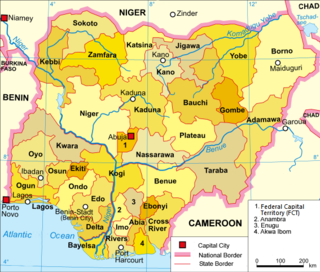
So the United Nations have chosen several newborn babies across the world to symbolically represent the global population milestone, including two baby girls Nargis and Danica who were born in India and the Philippines, respectively.
However, the stark reality is that if a baby girl is born in the developing world, her future is set to be far from rosy.
According to a recent report from the United Nations Children’s Fund (UNICEF) there is a widening gap between boys and girls in these regions of the world.
While they receive the same care and opportunities during early childhood, as they reach adolescence the anomalies in terms of health or education become marked.
“While there is little difference between boys and girls in early childhood with respect to nutrition, health, education and other basic indicators, differences by gender appear increasingly more pronounced during adolescence and young adulthood,” said UNICEF deputy executive director Geeta Rao Gupta.
If the seven billionth child born was a girl in the developed world, for instance in Europe, Japan or the United States, once she becomes a teenager she is likely to receive many of the same opportunities as her male peers.
Her education, health and career prospects may even exceed those of her male counterparts.
But if she is born in a region defined as ‘developing’ she is significantly more likely to be married as a child, less likely to be literate than young men in her country and, shockingly, should she be born in sub-Saharan Africa, is as many as four times more likely to contract HIV/AIDS than boys her age.
A World Bank working paper examined the real economic impact of excluding girls from learning or work opportunities.
For instance, just one teenage mother in India can lose $100,000 (£62,052) in potential income over her lifetime, while a single girl in Ethiopia who has dropped out of school can expect to lose the equivalent of two months’ average pay per year.
The financial impacts on the national economies is bigger still: the cost to India of the 3.8 million girls having children at the ages of 15 to 19 is $7.6 billion a year (£4.7 billion) – enough to fill every single car in the US with a full tank of petrol 100 times.
The denial of education to 4.5 million girls in Ethiopia costs the country $582 million (£361 million) a year.
So beyond the headlines about the seven billionth birth – which will come 12 years after the six billionth, a baby boy in Sarajevo – UNICEF chiefs are urging developing countries to improve the education prospects of their female citizens.
Increasing the availability of good and long-term schooling for girls will have a ‘ripple effect’ and help to break the cycle of poverty in those regions.
“Closing gender gaps in all stages of childhood and eliminating gender discrimination – whether against girls or boys – are fundamental to inclusive and sustained progress for countries around the world,” said Rao Gupta.
“In addition to the harmful and often tragic effects of gender inequalities on children themselves, the kinds of persistent inequalities that we continue to see… are major barriers to the efforts of many nations to move out of long-term poverty and achieve their development aspirations.”






















